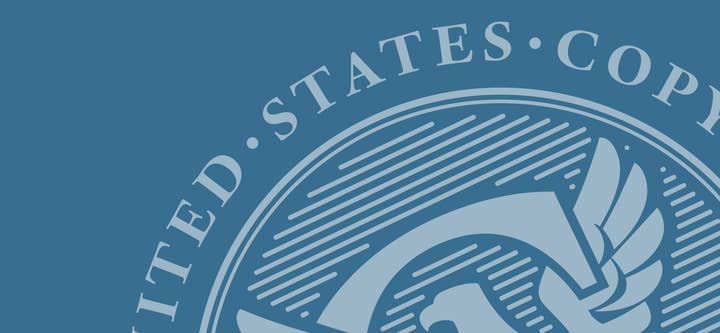Art generated by AI without human "creativity" is not eligible for copyright protection under existing laws
The United States Copyright Office has clarified that creative contributions by a human are necessary for generative AI works to receive copyright protection. According to their recent report, these works require "human authorship" to qualify for copyright rights in the U.S., such as in cases where a picture taken by an animal, like a monkey, wouldn't qualify.
The US Copyright Office highlighted how minimal creativity is needed to meet copyright standards, indicating that it is often straightforward for authors to qualify.
The report further explains that when people participate in creating works, the portions of the work that meet authorship criteria can indeed attain copyright protection.
It reiterates legal principles that ideas or facts are not covered by copyright, as seen in the Supreme Court's ruling in Feist Publications, Inc. v. Rural Telephone Service Co., which clarified that originality, and not mere effort, is necessary for copyright privileges.
The report states that most creative works meet the necessary threshold as they exhibit some degree of creativity, regardless of how basic or overt.
Additionally, modifying prompts for generative art does not alter this stance. Regardless of the number of adjustments made to a prompt, the final piece represents the AI system's interpretation, not the user's original expression.
Recently, the creators of Catly, a virtual pet game introduced at The Game Awards, clarified that their initial trailer wasn't produced using generative AI. This clarification followed speculation linking the game's co-founder, Kevin Yeung, to blockchain initiatives he is involved in with another group at TenthPlanet, raising questions about the game's potential use of blockchain or NFTs.
